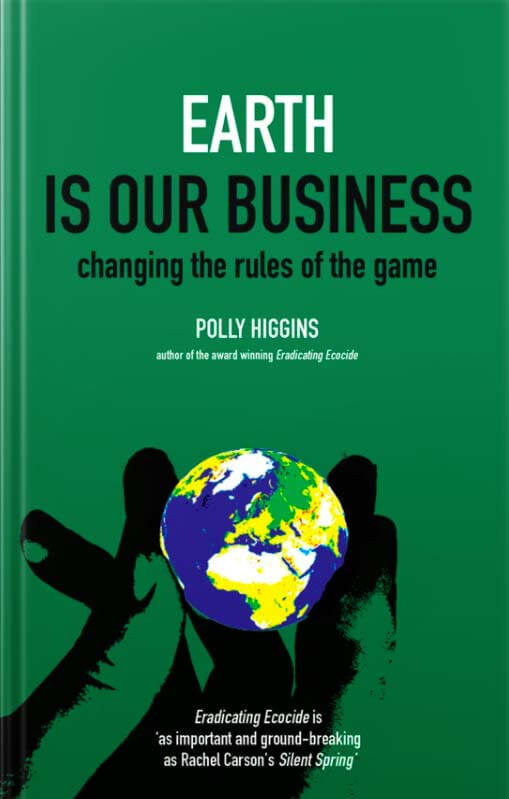Currently the growth model of economics, as measured by GDP, is on a collision course with environmental limits. The idea of endless growth is incompatible with what Nature can provide. So what is the alternative? Reporting on the 1988 Conservative Party conference The Economist, in an article entitled ‘The Greening of Mrs Thatcher’, quoted her as stating: ‘No generation has a freehold on the earth. All we have is a life tenancy with a full repairing lease.’
The ‘full repairing lease’ implies a duty of care for the environment required of the landowner as argued by Polly Higgins in her Earth is our Business. A ‘life tenancy with a full repairing lease.’ implies a responsible attitude towards the earth rather than something to be plundered for its resources, leaving future generations bereft.
There is no evidence to suggest Mrs Thatcher was hinting at the economic reform advocated by Henry George when she said that ‘No generation has a freehold on the earth’, but if all we have is ‘a life tenancy’, it begs the question: who gets the rent? As the earth has not been made by landowners, giving them a claim of ownership in their product, why should the rent go to them? We are pleased when the value of our house goes up, but in fact it is not the value of the bricks and mortar that has risen but the land on which it stands – any homeowner knows that the house itself requires constant maintenance to keep its value. The value of the site on the other hand is the result of the efforts of society collectively. What could be more reasonable and just than that society should receive the rent? If it were paid to the government, not as owner of the land but as the caretaker of the nation, there would be no need to fund government out of taxation.







